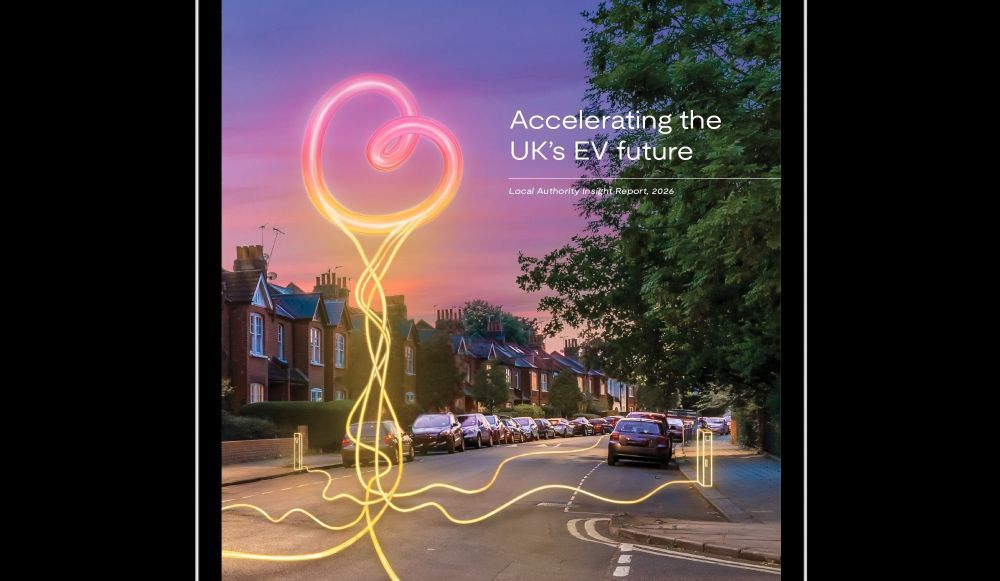A new study by Devicepilot has shown the distance that needs to be travelled in order for mass EV adoption to take place.
The firm used Freedom of Information requests to 379 local councils and a survey of 1665 residents to inform its report. The study paints a picture of the state of electric vehicle charging in the UK, showing how far it still has to go in order to reach the “boringly reliable” dependability required for mass-market adoption.
It research showed:
- Councils lack funding to drive the EV revolution
- Less than half the UK’s councils received funding to deploy or maintain EV charging in the last year
- Investment in EV charging is more than 4x higher in Scotland than in England, per capita
- Regional disparity within England, with local authorities in the East planning only 1/14th of the number of installs next year vs. the London region, per capita
- More than 80% of potential EV customers have concerns about lack of charging, reliability of charging, and planning long journeys
Speaking about the findings, CEO of Devicepilot, Pilgrim Beart, said: “With electric vehicles (EVs) growing in popularity by the day, it is clear that the future is electric. As a small, rich and densely populated country, the UK
should be in a prime position to embrace EVs.
“However, we do not yet have the infrastructure required to take the lead in the EV revolution. Many parts of the UK are without the fast, functional EV charging points needed to make electric vehicles viable for everyday use.
“Intervention and investment is sorely needed, yet many local authorities have no government funding for installing and maintaining charging points.
“Until these pain points are addressed, EVs will struggle to become mainstream, and the UK will not be considered a leading EV nation, which should be a high priority, long-term objective for any government. In this report, we explore the state of UK EV infrastructure in 2020, its funding, its failings and its possible future.”











